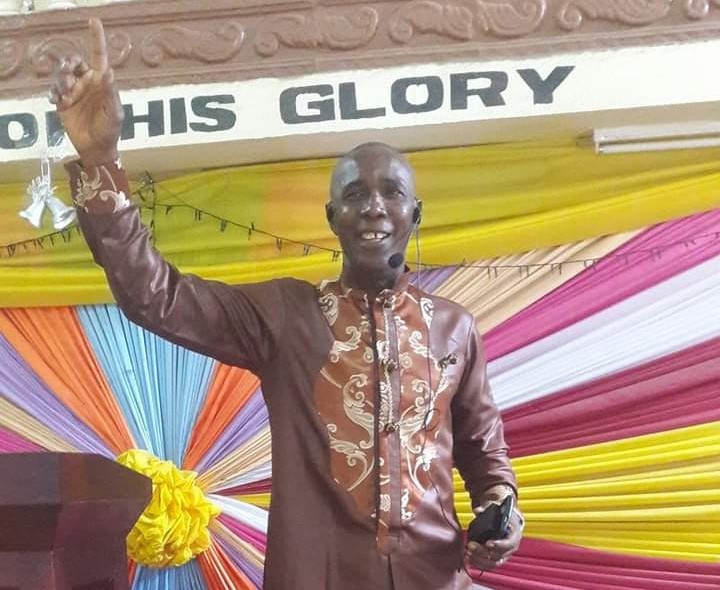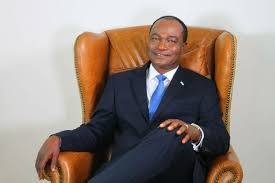As football begins, west is warned: don’t stereotype whole of Africa
Thousands of fans descended on Angola’s national stadium tonight for what should have been a moment of national pride, the jamboree that was supposed to be the 27th Africa Cup of Nations. The colour and pageantry were in abundance but there was a shadow cast by the fatal machine-gun attack on the Togo team on Friday as the squad crossed into Angola. Â (Photo: Dancers at the opening ceremony of the Africa Cup of Nations in Luanda, Angola. Photograph: Amr Abdallah Dalsh/Reuters)
After a weekend of confusion it was still unclear tonight whether Togo would stay to take part in the tournament after three staff on the team bus were killed as they drove through the troubled province of Cabinda on Friday night. Despite the initial shock, Togo’s players and head coach pledged at the weekend to remain in the competition to honour the dead, but their prime minister ordered the team home and sent a plane to bring them back.
“We had a meeting between players and we told ourselves we were football players and decided to do something nice for our country by playing to pay tribute to those who died,” Emmanuel Adebayor, the captain, told French radio RMC today. “Unfortunately, the head of state and the country’s authorities have made a different decision, so we will pack and go home.”
But tonight, the country’s sports minister suggested the team might rejoining the competition later. Christophe Tchao said: “We have ordered a three-day mourning [period].
“The players are leaving with the bodies of their fallen brothers and we have asked the CAF [Confederation of African Football] to find an arrangement so we can catch up with the competition later.”
Among the VIPs at yesterday’s opening ceremony was Jacob Zuma, the South African president, intent on expressing his support for Angola – and African football, as organisers of Africa’s first World Cup came out fighting against attempts to conflate the Angolan instability with preparations in South Africa. They warned against negative stereotyping of the entire continent – raising the politically sensitive issue of “Afro-pessimism”.
Zuma dismissed speculation that the incident raised questions over security for the World Cup in South Africa five months from now, his spokesman said.
Sajjan Gohel, the international security director of the Asia-Pacific Foundation, a London-based thinktank, said many Âpeople had been looking to the Angola tournament as a litmus test for the World Cup. “Although it is not in South Africa, it is in southern Africa so I suppose many people were looking at it in a similar light,” he said.
But Danny Jordaan, the chief World Cup organiser in South Africa, took on the sceptics, saying: “I don’t think the world has ever asked one country to take responsibility for what happens in another country. Fortunately the majority of the world is not influenced by a warped understanding of the African continent. If there is a war in Kosovo and a World Cup in Germany, no one asks if the World Cup can go on in Germany, everyone understands the war in Kosovo is a war in Kosovo.”
He added: “The world must be balanced and must not apply different standards when it comes to the African continent. Our World Cup is secure and we are confident because we have employed a lot of resources to safeguard the event in our country.”
As supporters flooded into the national stadium in Luanda, they expressed their determination for the Africa Cup of Nations to be a success and expressed little fear, despite a pledge by those responsible for the Cabinda attack, the Front for the Liberation of the Enclave of Cabinda (FLEC), to carry out more attacks.
“It’s the first time that we’ve organised the Africa Cup of Nations and we’re here to celebrate,” said 30-year-old Andrei Fernandes. “It’s going to be great to see the African stars. We’ve got Angolans who play in Europe, but some of the big names in world football are going to be here.”
Fernandes, a student, who lives in Luanda, acknowledged that the attack on the Togo team buses had cast a shadow over the tournament but was among those fans determined to enjoy the tournament.
Twenty-eight year old Amil Senio said he and his friends had been talking non-stop about the implications of the assault. “It was a bad act. It was a terrorist act. I think all the people who have come out to the first match are going to try their best to make the championship succeed.”
Mali are due to play their final group A game against Malawi on 18 January in Cabinda. Freddie Kanoute, the former West Ham and Tottenham forward, said the squad had been muted since the attack.
“The preparation for the tournament had been fine,” said the Sevilla striker. “Obviously the mood is different now. We are a bit mixed up because we don’t know what’s going to happen. We’re very sad for the Togolese and we’re thinking about them – perhaps even more than football.”
‘We as players wanted to stay’
“Why are people suddenly applying double standards? When there are Âterrorist attacks in Europe, do we hear about the 2012 Olympics being under threat? No. Angola and South Africa are two separate geographical areas, two separate countries. Besides, the African Nations Cup is not the World Cup. We cannot be called to account for the security arrangements of Angola, which is far removed from South Africa.” Danny Jordaan, the head of 2010 World Cup in South Africa
“We had a meeting between players yesterday and we told ourselves we were football players and decided to do something nice for our country by Âplaying to pay tribute to those who died. Unfortunately, the head of state and the country’s authorities have made a different decision, so we will pack and go home.” Emmanuel Adebayor, Togo and ÂManchester City striker
“Angola and the African Football ÂConfederation have not taken adequate security measures to ensure the safety of the Togolese national team.” Togo’s prime minister, Gilbert Houngbo
“We fully understand our government’s decision to leave because they didn’t receive enough guarantees for our security … We, as players, we wanted to stay to honour the memory of our dead people, but both positions are understandable.” Togo and FC Nantes forward Thomas Dossevi
“We are in a deep shock following the tragic incident that happened to our Togolese brothers and friends. You came here to play football but unfortunately two of your brothers were killed. I am feeling terribly bad and short of words.” The Confederation of African ÂFootball’s president, Issa Hayatou
By Paul Myers in Luanda and David Smith in Johannesburg for Guardian UK
Stay with Sierra Express Media, for your trusted place in news!
© 2010, https:. All rights reserved.






